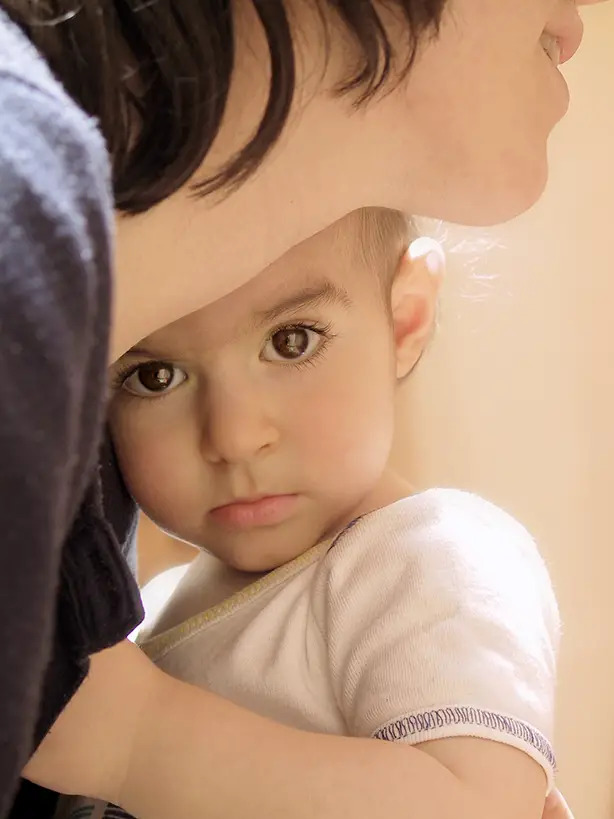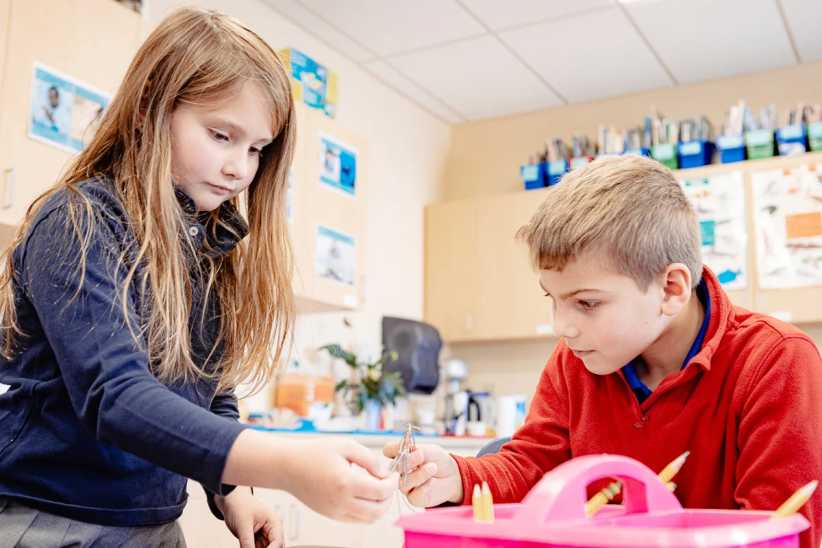We spoke to Suzanne Boydstun, director of The Early Childhood Center at Memorial United Methodist Church in White Plains, about what to do when your toddler claims to hate school and tips to help with separation when a toddler starts preschool.
 My toddler tells me repeatedly that she hates her school. What approach should I take to get to the bottom of why, as she is verbal but not able to fully express her thoughts, and when do I know I must put her in a new school?
My toddler tells me repeatedly that she hates her school. What approach should I take to get to the bottom of why, as she is verbal but not able to fully express her thoughts, and when do I know I must put her in a new school?
Since the child is verbal, the parent should ask the child questions about school to find out what she doesn’t like. The parent should then pass that information along to the teachers because sometimes a child will tell her parents she doesn’t like school and then she gets to school and she’s absolutely happy to be there. Even the 3- and 4-year-olds at our school tell their parents they don’t like school and the parents are surprised to hear that the children do very well at school and have playmates.
If it turns out that the child has an issue with another child, the parent should speak to the teacher and the teacher should do some problem solving between those two children. A parent could even stay for part of the day to see what their child’s behavior is in school.
I would try as a parent to talk up school, to not have anything about my demeanor that the child can pick up on—any anxiety or insecurity about my child going to school. Children are always reading their parents and their level of enthusiasm, or lack there of. So if the child says she’s not happy but the parent gets a report that says she is happy in school, then the parent would know the child is just a little nervous.
But I think the most important thing is the home-school partnership. Parents know their children best and should work with a teacher to figure out strategies. It’s extremely important.
If the parents have enrolled their child at a high-quality preschool with an open-door policy, and the child still does not like it, there might be some kind of issue with another child in the class. Unfortunately, there could be an issue with another child in the class no matter where that family chooses to go to school. What I’m saying is that it might not be any better in the second school.
My child is having trouble with separation when I bring him to preschool. What are some ways I can mitigate his reaction when I’m about to leave?
There are all kinds of strategies and tools you can use. I’d say the most important one is just to talk it up. As soon as parents make a decision on what preschool their child will attend in September, they should talk about school and how exciting it is. If there are other children or cousins in the family, have them talk about how wonderful it is to go to school and how much fun they have.
It’s useful if the school has a transition schedule in place because sometimes children can come into the class and they’re fine for an hour, but they’re not fine for two hours. The preschool environment is extremely stimulating compared to what he is used to at home where he may be an only child or maybe he has a cousin or a sibling. All of a sudden he’s in a room with up to nine other children, so it can be very intimidating.
Sometimes parents will stay too long when dropping their child off and then it becomes more about their hesitancy to separate than their child’s hesitancy to separate. So parents should take their cues from the teachers. The teachers are not going to ask the parent to exit the room too soon, but the teacher, through experience, knows when they think the parent should leave.
Sometimes a parent will tell their child, “I have to go on an errand,” or “I’m going shopping” or “I’m going to go get a cup of coffee.” Children don’t usually have a great sense of time so they’re not going to say to themselves, “Gee, it’s taking my mother an awful long time at Dunkin Donuts.”
Occasionally parents will give their child a lovie, which is fine, either a little toy or a blanket. It makes the home-school connection. Sometimes children will have a family photo that they keep with them and it gives them a sense of security. I’ve known parents who have an extra set of car keys that they leave with the child because how can mom go anywhere without the car keys?
A lot of the time, it is a trust issue. A child comes into a class with teachers who are strangers to him. Sometimes parents feel that it should be an automatic transition, but they need to remember that the teachers are strangers to the child. There’s no reason that at that age developmentally he should immediately become comfortable with strangers in an entirely new environment. I really feel that the teachers have to earn the trust of the children. As the child sees that he can have fun in the classroom and can put his trust in his teachers—and that at the end of the day he gets to go home to mom, dad, or a caregiver—then gradually the adjustment tips and it works out.
It’s not necessarily the youngest children who have the hardest time. It can be older children. It’s all very individual. But if you have the right teachers who are willing to work with you, it pretty much always works out.
Suzanne Boydstun is the director of The Early Childhood Center at Memorial United Methodist Church in White Plains. She is also the current president of the Westchester Association for the Education of Young Children.


















